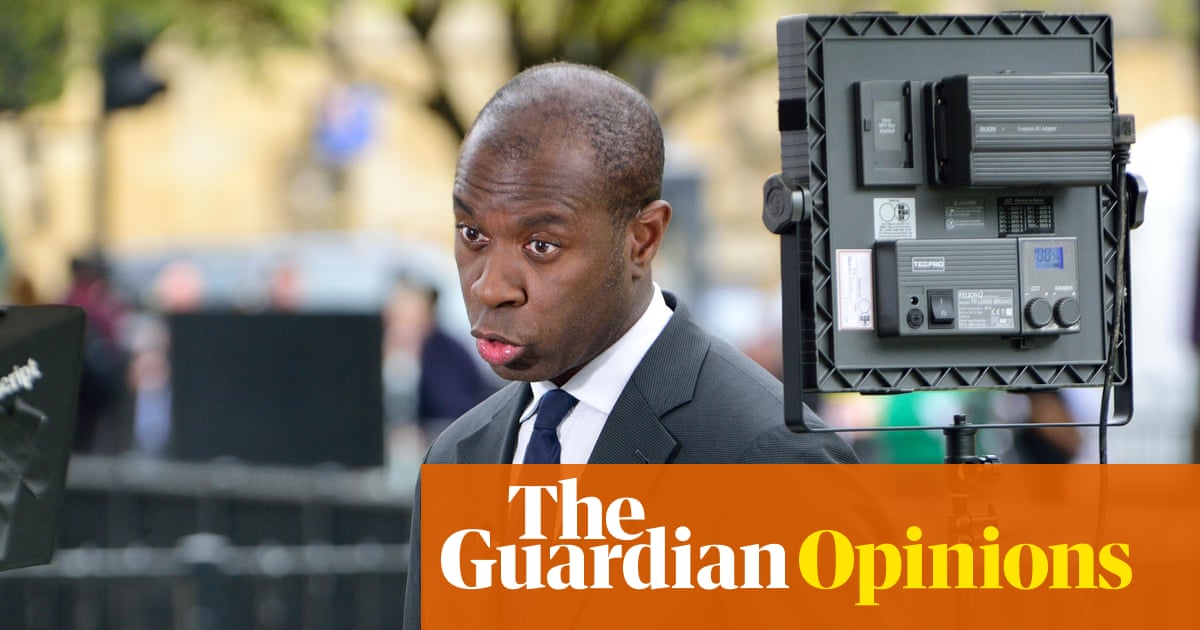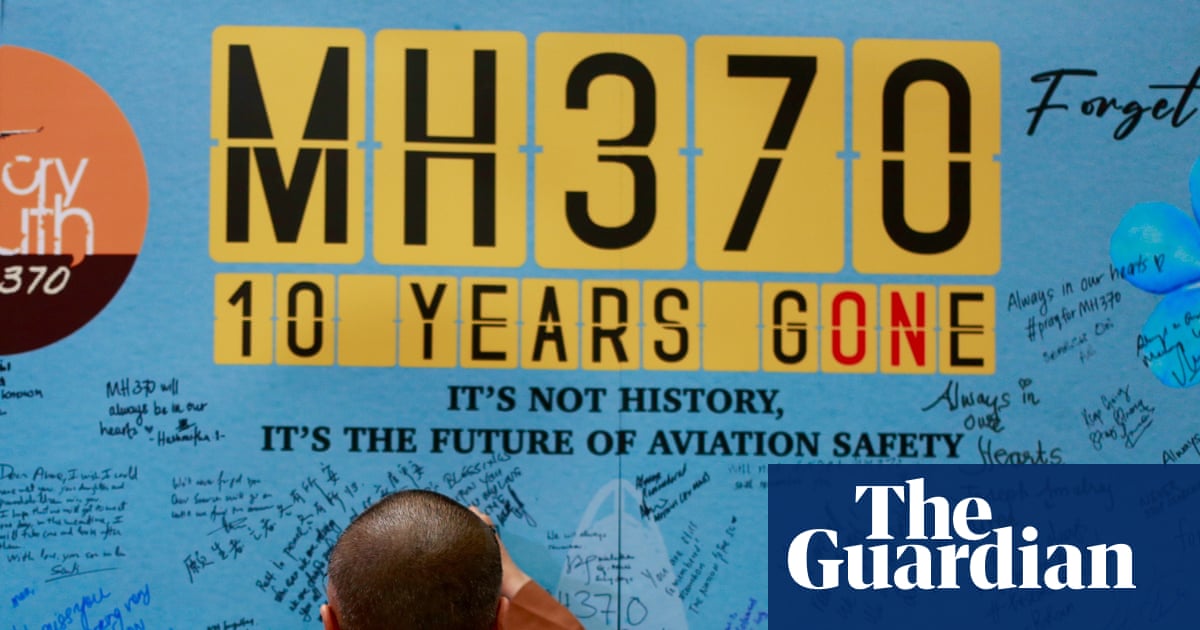There will be fireworks and celebration at Nigel Farage’s party conference this weekend. Burgeoning membership and council seats as Reform UK tops 30% in the polls. Immigration is the boat that sailed him here: the more small boats arriving, the broader his wolfish grin. Prime inflamer of foreigner hatred that he is, black and brown people report what they call the Farage effect in a wave of attacks: Mothin Ali, new deputy head of the Greens and a Leeds councillor, was attacked with bottles while with his family last week on Cromer beach in Norfolk, and racist abuse was hurled at them. He said that Reform rhetoric was causing people to blame immigrants and non-white people for Britain’s problems.
As immigration powered the Brexit campaign, surely the most shocking Brexit failure for his supporters must be the rise in immigration that followed. No wonder Farage never mentions Brexit now that its disastrous effects have struck home with most voters: Bregret grips 61%, who say leaving was more of a failure than success, only 31% still say leaving was right, while 56% think it was wrong to vote to leave the EU. Who do they blame? The Conservatives and Boris Johnson top the list, with more than two-thirds (67%) blaming Nigel Farage, the Ukip outsider who captured the Tory party.
After the great Brexit failure, Farage and the Tories turn instead to leaving the European convention on human rights (EHCR), blamed for small boat arrivals of undocumented migrants. Escape from the convention is the new “take back control”. “Fool me once, shame on you; fool me twice, shame on me” should be the warning to all who were taken in by the snake oil last time from Farage and Johnson, both life-long charlatans and deceivers. As was the case with Brexit, leaving the ECHR sounds simple: just quit and deport the migrants to anywhere.
Leave aside moral and human rights questions, which are unlikely to influence Reform backers. Instead, confront them with the brutal facts about what leaving the ECHR means. This would be Brexit with knobs on, bringing yet worse damage to Britain and its economy. Leaving the EHCR would jeopardise the Brexit trade and cooperation agreement with the EU, as EHCR membership is a requirement of that partnership. This could project us into the “no deal” Johnson originally threatened. It is likely to mean sky-high tariffs and steep border barriers.
As it is, the minimalist existing trade agreement led to this Office for Budget Responsibility assessment: “Our forecasts have assumed that the volume of UK imports and exports will both be 15% lower than if we had remained in the EU.” That 15% loss in trade “will lead to a 4% reduction in the potential productivity of the UK economy”. Now Farage and the Tories want to double down on that disaster.
Catherine Barnard, professor of European law at Cambridge University, warns of all the consequences: it would immediately end the better deals being negotiated, such as easy animal and plant trade, she tells me. Food prices would rise, so would inflation, as trade falls. The Good Friday agreement would fall apart overnight: the ECHR runs through it “as in a stick of rock”, as with every EU agreement. (Farage admits he would have to renegotiate the agreement: good luck.) Outrage in Ireland at the fallout would ensure the EU took its revenge. Forget data exchange on crime or extradition of criminals.
France would be among the most indignant: any assistance in preventing small boats would be stopped. In fact, as Barnard writes, leaving the ECHR would do nothing at all to aid deportations of migrants. The 1951 refugee convention is the one that bans “refoulement”, sending asylum seekers back to dangerous countries. But leaving that would, says Prof Barnard, have all the same political and trade consequences with the EU as leaving the ECHR.
Pariah Britain even further out in the cold, divorced from its democratic allies and falling further behind them economically: that’s the exciting offer from Farage and the Tories, and it won’t even “stop the boats”.
But “nothing can be done” is no answer, when people in every country feel their borders should be secure, delineating who belongs, who pays tax and who shares the public benefits. Rising numbers of small boat arrivals, which makes up only a tiny proportion of total immigration, undermine the case for welcoming all the people we need to encourage here to build 1.5m homes, keep the NHS and social care on its feet, fund our universities, spur on our life-sciences and much more.
Right across Europe, governments face the same dilemmas, the anti-immigrant right riding the wave. But there are moves to reform both the ECHR and the refugee convention, with nine EU leaders writing a letter calling for “reinterpretation”. The two leading signatories are the rightwing Italian prime minister, Giorgia Meloni, and Denmark’s Social Democrat prime minister, Mette Frederiksen. They call for making it easier to deport foreign criminals, which Barnard sees as a significant step towards change.
A Europe-wide collaboration on rethinking asylum looks possible. Few think a 1951 convention designed for escaping political refugees was meant to cover everyone globally from any war-torn or poverty-stricken dictatorship in an era of easy travel. Nor does it make moral sense to rescue only those with the money to get to Europe.
after newsletter promotion
Reprising Brexit, Farage and the Tories want to go it alone. It’s impossible to imagine them working collaboratively with the EU on anything, let alone a complex rethinking of these conventions, as they protest that any Labour deal is sneaking us into the EU by the back door.
At prime minister’s questions, the Liberal Democrat leader, Ed Davey, asked: “Will the prime minister categorically rule out withdrawing from the ECHR or suspending it or watering down our rights in any way?” The PM replied: “We will not withdraw from the ECHR,” but added, “we do need to make sure both the law and other instruments fit the circumstances we face”. Yes indeed. But that can only be done by agreement. Labour needs to get on the front foot against Farage and the Tories. No better way than hammering home the damage their Brexit did, and how quitting the ECHR would bring us new kinds of hell.
-
Polly Toynbee is a Guardian columnist

 3 months ago
59
3 months ago
59

















































